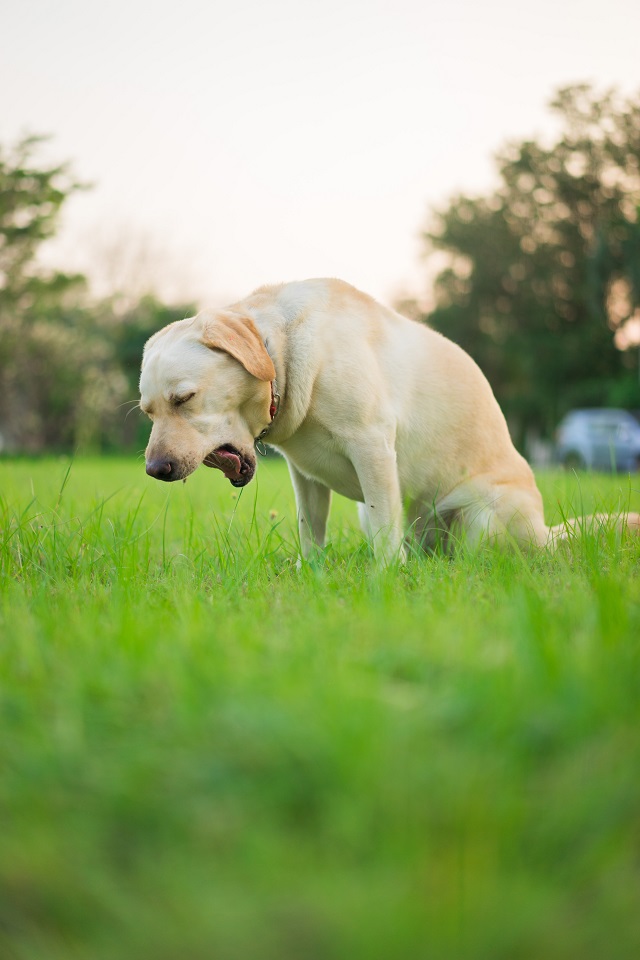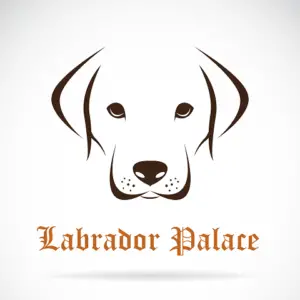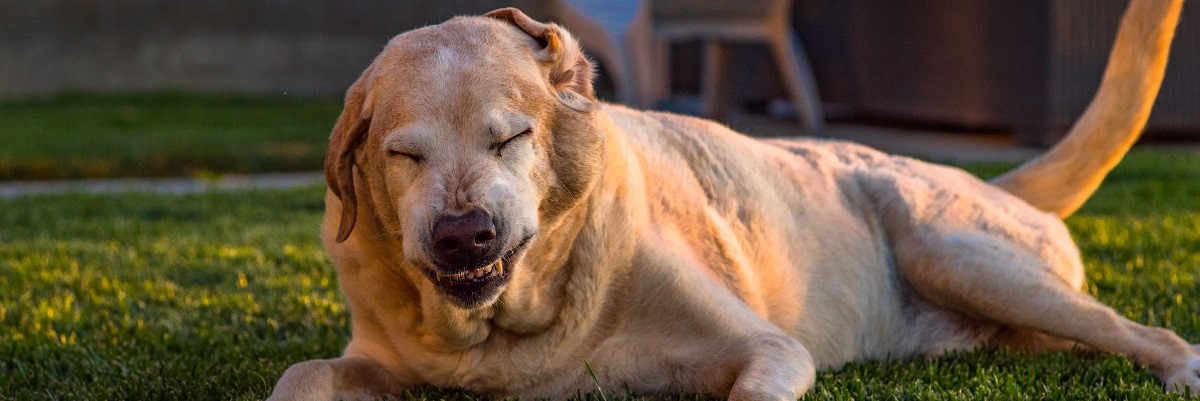To witness your Labrador choking and not knowing what to do is a gut-wrenching experience. Being a responsible dog parent means knowing when to intervene if your dog is choking. The best thing you can do when your Lab is choking is to get them to a vet as quickly as possible. It might not be possible, or there might not be time.
A dog may need to undergo the Heimlich maneuver in the worst-case scenario. Find out how it is done below. As well as how to stop your Labrador from choking, you should also figure out how to prevent it from happening in the first place.
Signs Your Labrador Could Be Choking?
| Physical signs: Check the lips and tongue of your Labrador for discoloration. The decrease in oxygen flow may result in discoloration of the tongue and gums. If something is lodged in their throat, they may not be able to make any noise due to obstruction of their airway. |
| Auditory signs: It is possible that your Labrador is whistling, squeaking, or making high-pitched noises. The coughing may lead to gagging and light or heavy coughing. |
| Sensory signs: Be aware of signs of anxiety or panic, including pawing at the mouth, panting, pacing, and having difficulty breathing. If your Labrador exhibits any of these signs, it may be choking. |
What to Do if Your Labrador is Choking?
If your Labrador has food or foreign objects in its mouth or throat, remove them. Pull the tongue to one side while opening your Labrador’s mouth wide. Use a cloth to move the tongue out of the way. This may assist you in removing the object. You should wipe away anything you see there with your finger to assist your Lab in breathing again.
Whenever your Labrador dog cannot move an object or food, take him to a veterinarian as soon as possible or perform the Heimlich maneuver.
You should not attempt to remove a bone lodged in the throat of your Lab. This can cause serious injury to its throat. Your Labrador must be immediately taken to the veterinarian so that the bone can be removed while they are sedated.
Heimlich Maneuver For Your Labradors
If your Labrador is standing, wrap your arms around them, so they meet at the abdomen. Put your fists together and thrust upward and forward five times, just like a human being would. Please make sure you check your Lab’s mouth for the loose object and remove it to prevent him from choking or swallowing it again after the motion dislodges the food or obstruction.
When your Labrador is lying on the floor, place one hand on its back and squeeze or push its abdomen upward and forward toward the spine with the other hand. Examine their mouth to make sure nothing is stuck inside.
What To Do If Your Labrador Is Unconscious?
If your Labrador is unconscious, clear its airways and revives them with rescue breathing. Clean out his mouth of any objects that have become dislodged following the precautions described above. Artificial respiration and chest compressions are used to revive dogs who are not breathing or do not have a heartbeat. Blood oxygen levels rapidly drop when a dog’s heart stops beating or stops breathing. A lack of oxygen can cause vital organs such as the kidney, liver, and heart to fail. To prevent brain damage, you should act promptly when your Labrador is in danger.
What To Do After Your Labrador has Stopped Choking?
Regardless of whether you can remove the object from your Labrador’s throat and stop them from choking; you should contact a veterinarian immediately. If your Labrador has been depleted of oxygen for an extended period of time, it may need hospitalization. The mouth and throat of your Labrador may become damaged by choking without you noticing. To check for damage to your Labrador’s throat, your vet may recommend a bronchoscopy.
You should have your Labrador examined by a veterinarian, even if you remove the choking hazard with first aid. Your Labrador might have bitten its tongue or mouth interior after a foreign object caused abrasions. You might need to give your Labrador medication to reduce swelling, prevent infection, and relieve pain for these injuries.
Other Causes Of Choking For Labradors?
In addition to choking, other causes can prevent air from entering the lungs of your Labrador. These include: Anaphylactic reactions can cause your Labrador’s throat to close, resulting in a choke. An allergic reaction or visible foreign bodies are not necessary for the swelling caused by bee or wasp stings on the tongue or back of the mouth.

How To Prevent Your Labrador Chocking In The Future
Be sure to avoid any potential choking hazards that could cause your Labrador to choke in the future. Human food is typically formulated with the dog’s size in mind, but if you have both a big and a Labrador, your Labrador might choke if it has access to large breed food. The feeding stations may need to be separated until you know your Lab won’t eat the other’s food.
However, the risk of choking on food remains – think of the last time you accidentally swallowed something that lodged in your throat. It is, therefore, wise to watch your Labrador while he is eating. Be sure to clean up anything your Lab can choke on other than food. You should ensure that all baby and children’s toys are put away so that your Labrador won’t choke on them. You should choose dog toys that won’t splinter and end up lodged in your Labs’ throats.
Conclusion
The sight of your dog choking is scary, but by recognizing the signs and taking action, you can keep them safe and healthy.


